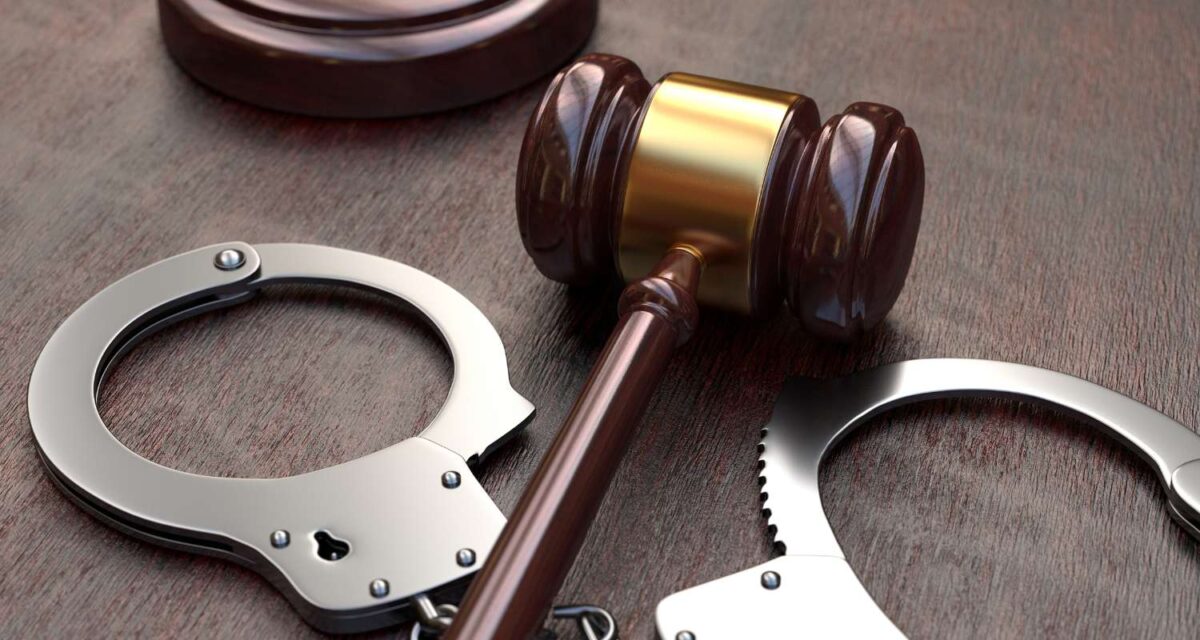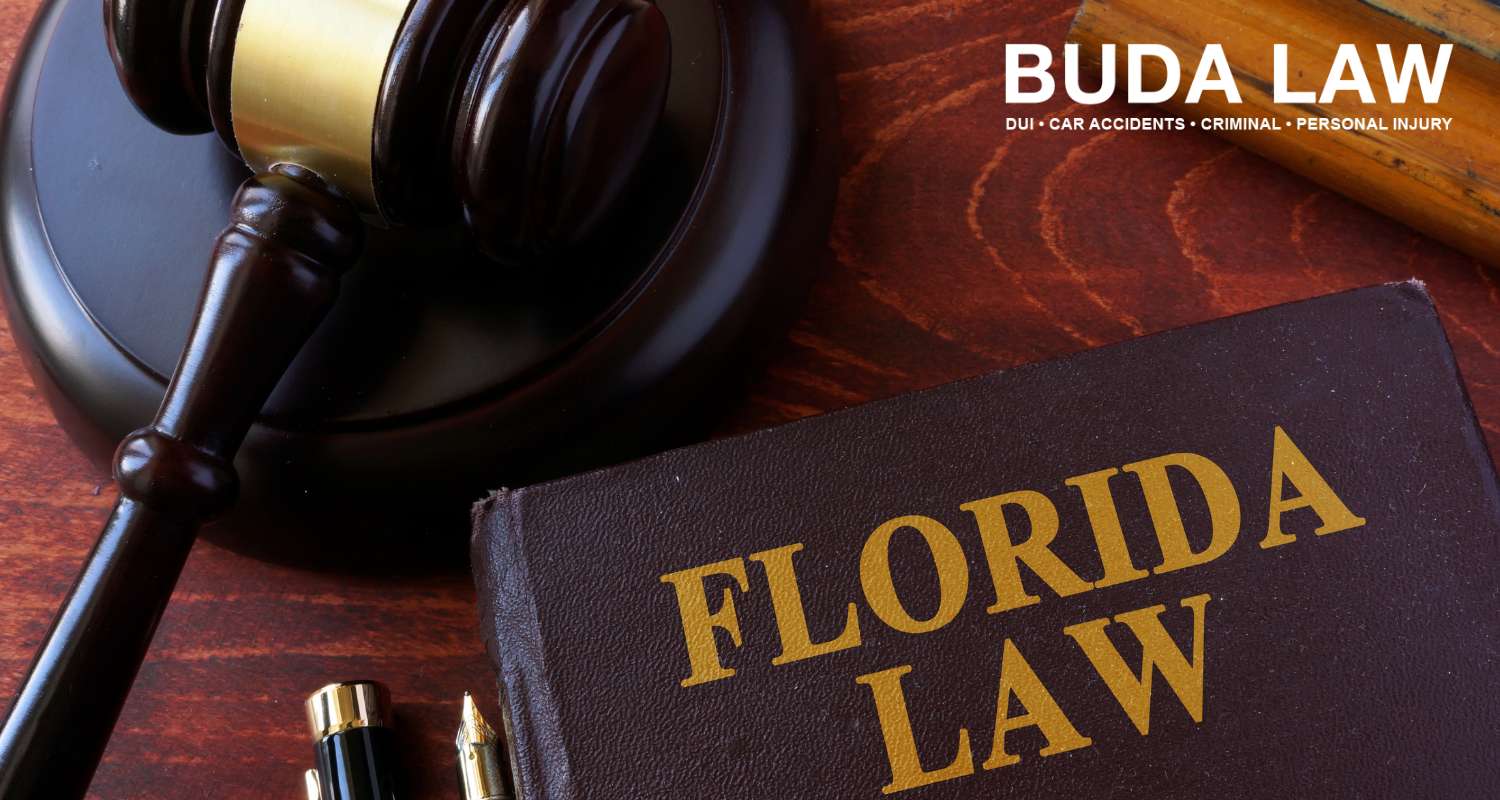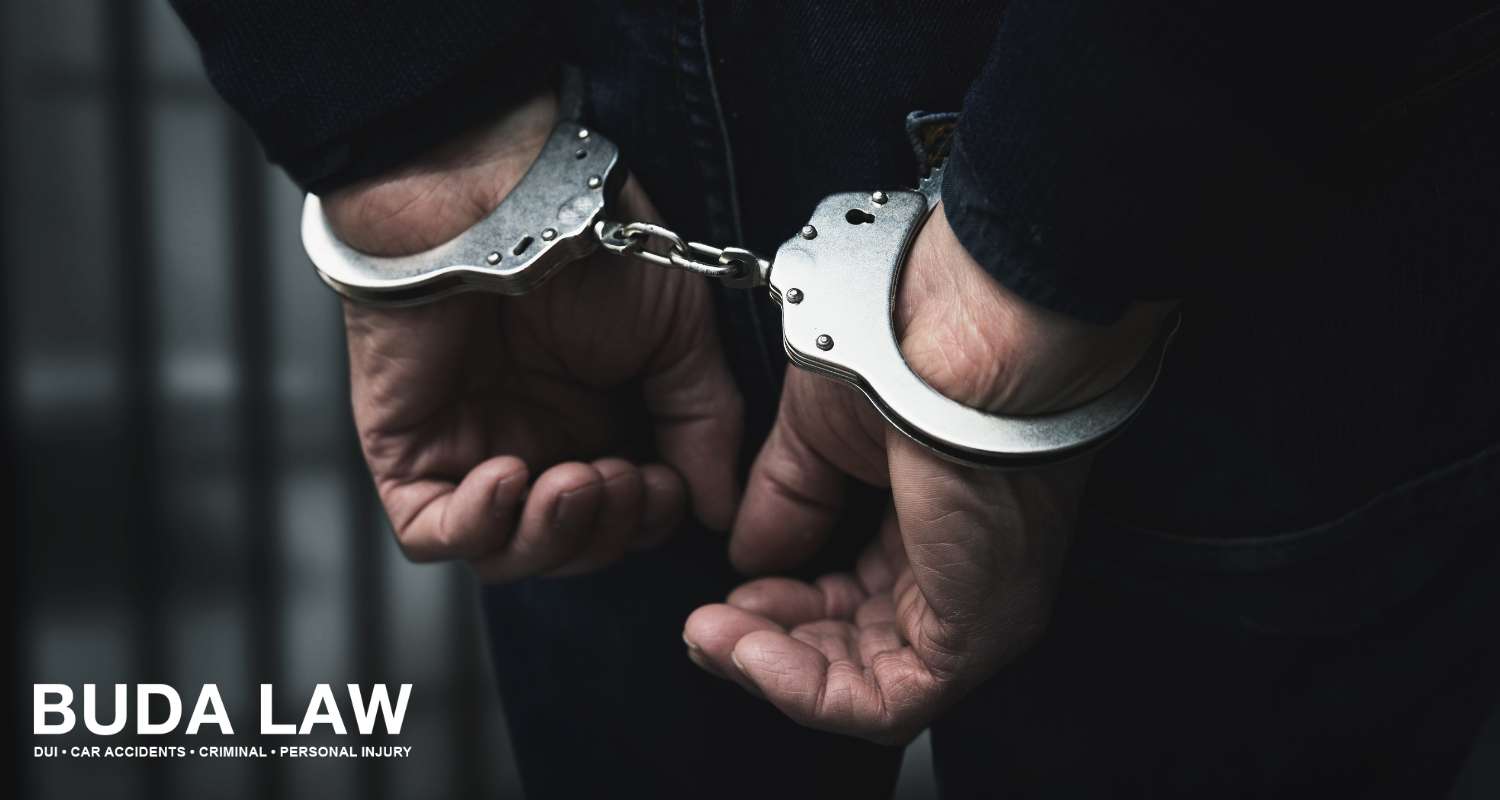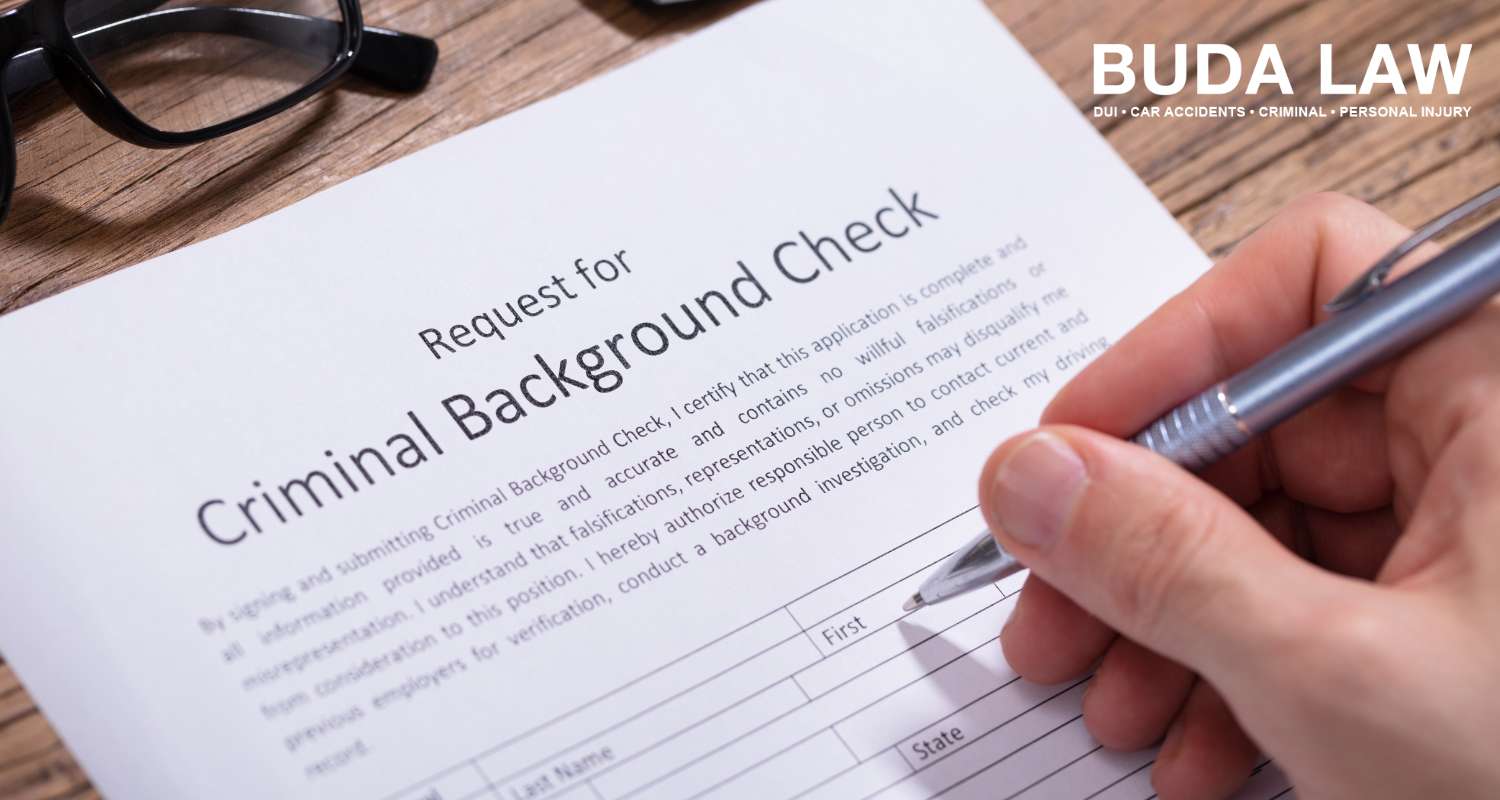
If you are facing a 2nd-degree misdemeanor, Florida criminal defense lawyer Andrew Buda is ready to help you understand your charges and fight for your rights. Under Florida law, a second-degree misdemeanor can include a variety of offenses, each potentially leading to significant consequences if not handled properly.
Whether your court case involves a seemingly minor crime or something more serious, securing experienced legal representation is essential to handling Florida misdemeanors and achieving the best possible outcome. Don’t face this challenge alone. Contact Buda Law at (813) 322-2832 or contact us online to secure the powerful legal defense you need.
What is a Second Degree Misdemeanor in Florida?
In Florida, a second-degree misdemeanor is considered a lesser criminal offense than a first-degree misdemeanor, but it still carries penalties that can affect a person’s life if found guilty. Second-degree misdemeanors usually include first-time offenses for things like petit theft, simple assault, and first-offense DUI charges.
Although second-degree misdemeanors are viewed as less serious offenses than first-degree misdemeanors and felony offenses in Florida, the consequences can still include time in county jail, fines, and a criminal record. Not only that, but having a criminal record can lead to even further consequences down the road, potentially causing issues in seeking employment or housing.
When you are accused of any crime, whether it’s a first or second-degree misdemeanor or even a felony offense, it is important to understand the charges and seek appropriate legal guidance. An experienced Tampa criminal defense lawyer like Andrew Buda can help defend your rights and ensure you are tried fairly.
Florida Statutes Section 775.081
Florida Statutes Section 775.081 classifies felonies and misdemeanors in Florida into various degrees based on their severity.
Felonies are separated into the following categories based:
Misdemeanors are classified into two categories:
- First-degree misdemeanor
- Second-degree misdemeanor
The classification your felony charge or misdemeanor charge falls under is fundamental in determining the appropriate legal penalties and procedural requirements.

Second Degree Misdemeanor Examples
Some common examples of second-degree misdemeanor charges in Florida include:
- First-Offense Petit Theft: Stealing property valued at less than $100.
- Simple Assault: Threatening to physically harm someone without actually causing injury.
- Disorderly Conduct: Behaving in a way that disturbs public peace and order.
- First-Time Driving Under the Influence (DUI): First offense of operating a vehicle under the influence of alcohol or drugs to the extent that normal faculties are impaired.
- Loitering and Prowling: Being present in a place at a time or in a manner not usual for law-abiding individuals, under circumstances that warrant a justifiable and reasonable alarm or immediate concern for the safety of persons or property in the vicinity.
Do You Go To Jail for a Misdemeanor?
Yes, you can go to jail if you are convicted of a misdemeanor.
In Florida, first-degree misdemeanor convictions are punishable by up to one year in jail, while a second-degree misdemeanor can result in up to 60 days in jail. The specific circumstances of the offense and the individual’s criminal history can influence whether jail time is imposed and for how long.
A misdemeanor defense attorney in Florida can be instrumental in helping you avoid jail time. By thoroughly examining the details of your case, a skilled attorney can identify weaknesses in the prosecution’s evidence, negotiate a plea deal to potentially reduce charges or penalties, or represent you in court to advocate for a favorable outcome.
What is the Punishment for Second Degree Misdemeanors in Florida?
In Florida, the potential penalties for a second-degree misdemeanor conviction include a maximum of 60 days in jail and a fine of up to $500. In addition to jail time and fines, individuals convicted of second-degree misdemeanors may also face probation, community service, and other court-imposed penalties. The specific punishment can vary depending on the circumstances of the case and the discretion of the judge.

Florida Levels of Misdemeanors
It is important to understand the difference between a misdemeanor of the first degree and a misdemeanor of the second degree. The level of the crime determines the severity of penalties that can be imposed upon the defendant.
- First-Degree Misdemeanors: A first-degree misdemeanor charge is reserved for more serious crimes than second-degree misdemeanors, but less serious than any degree of felony. A conviction can include up to one year in jail, one year of probation, and a $1,000 fine.
- Second-Degree Misdemeanors: A second-degree misdemeanor charge carries less severe penalties. The consequences can include up to 60 days in jail, six months of probation, community service, and a $500 fine.
First-Degree Misdemeanors Examples
Here are some examples of first-degree misdemeanors in Florida:
- Shoplifting: Theft of property valued between $100 and $750.
- Simple Marijuana Possession: Marijuana possession of less than 20 grams.
- Domestic Violence Battery: Intentional physical contact or harm against a family or household member.

How Serious Are Misdemeanor Offenses?
Misdemeanor crimes, while less severe than felonies, can still have significant and lasting impacts. Being convicted can result in a criminal record that may hinder job prospects, particularly in fields that require clean background checks such as law enforcement, education, and healthcare. This criminal record can also complicate housing opportunities, as many landlords conduct background checks. Educational aspirations can be affected too, with potential impacts on university admissions and scholarship eligibility.
For non-citizens, even a minor misdemeanor crime can have serious immigration consequences, such as deportation or ineligibility for naturalization.
Given these implications, securing legal representation is extremely important if you are accused of a misdemeanor crime, as an experienced criminal defense lawyer in Florida can provide an aggressive and strategic defense while protecting your rights and your freedom.
What Does it Mean to be a Habitual Misdemeanor Offender?
According to Florida law, being classified as a habitual misdemeanor offender means an individual has repeatedly committed misdemeanor offenses, indicating a pattern of criminal behavior. This designation can lead to harsher penalties, such as longer jail sentences, higher fines, and extended probation periods.
Do You Need an Attorney for Florida Misdemeanor Crimes?
Although it is not legally required for you to obtain your own attorney for a misdemeanor crime, it is highly advised and extremely beneficial for a number of reasons. Overall, an experienced attorney will protect your rights and work towards the best possible outcome. They can scrutinize the prosecution’s evidence, negotiate plea deals to reduce charges or penalties and represent you in court to advocate for your best interests, effectively minimizing the impact of misdemeanor charges on your life.

Charged With a 2nd Degree Misdemeanor in Florida? Call Tampa Criminal Defense Attorney Andrew Buda Today
If you are facing misdemeanor charges in Florida, you need an experienced criminal defense attorney from a law firm you can trust. At Buda Law, our criminal defense team is dedicated to providing the powerful defense you need. With a deep understanding of Florida law and a commitment to protecting your rights, we will work tirelessly to achieve the best outcome for your case, whether you’re facing a low-level misdemeanor or a serious felony offense.
To schedule a free consultation with a member of our team, give us a call at (813) 322-2832 or reach out online today.
